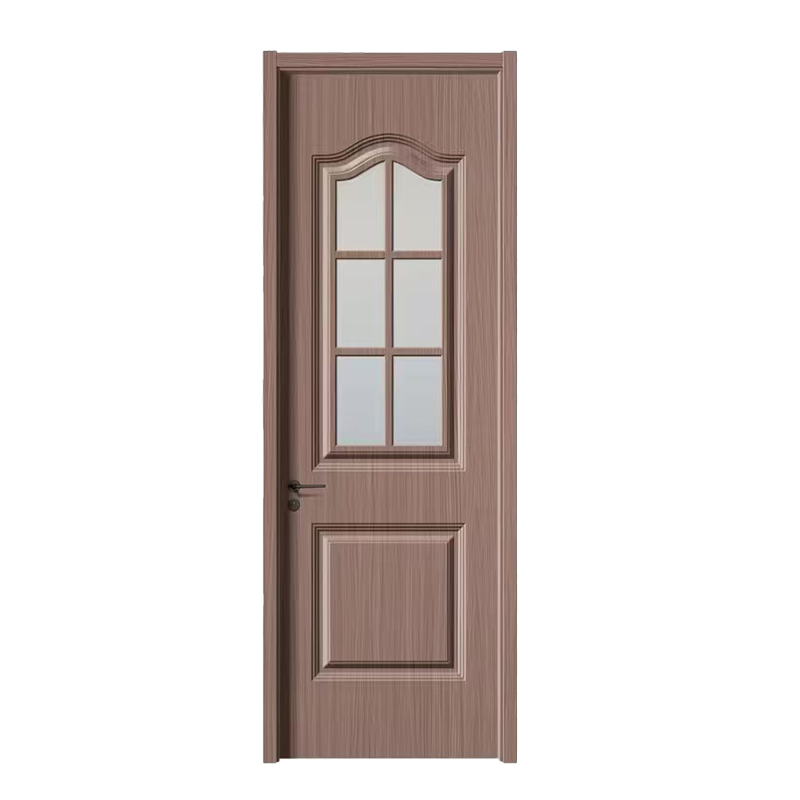A Long-Lasting Investment
Generally, a high-quality Solid WPC Door can be expected to last for 20 years or more. This impressive lifespan is a direct result of the material's unique composition. WPC is a hybrid material made from a combination of wood fibers, thermoplastics (like PVC), and other additives. This blend gives the doors the best qualities of both wood and plastic, while eliminating many of their weaknesses.
Factors Contributing to a WPC Door's Longevity
Several key characteristics of WPC make it an incredibly durable and long-lasting material:
-
Water and Moisture Resistance: Unlike wooden doors that can swell, warp, or rot when exposed to moisture, WPC doors are highly resistant to water. This makes them ideal for bathrooms, kitchens, and exterior applications where moisture is a constant threat. This resistance is a primary reason for their long life.
-
Immunity to Pests: Termites and other wood-boring insects are a major threat to traditional wooden doors. WPC doors, however, are completely immune to these pests. The plastic polymers in the composite material are not a food source for insects, eliminating a common cause of door failure.
-
Resistance to Warping and Cracking: The composite nature of WPC doors makes them dimensionally stable. They don't expand and contract as much as solid wood with changes in temperature and humidity. This stability prevents the warping and cracking that can shorten the life of other doors.
-
Durability and Impact Resistance: Solid WPC Doors are remarkably tough. Their dense, solid core can withstand impacts and daily wear and tear better than hollow-core doors or even some types of solid wood, which can dent or scratch easily.
-
Low Maintenance: WPC doors do not require the frequent sealing, painting, or staining that wooden doors do. A simple wipe-down is all that's needed to keep them clean, and their color and finish are designed to last for many years without fading. This lack of maintenance prevents a lot of the issues that lead to door replacement.

Comparison with Other Materials
When you compare a Solid WPC Door to other materials, its longevity stands out:
-
Solid Wood Doors: While beautiful, wood doors are susceptible to moisture, pests, and rot. Without regular maintenance, their lifespan can be significantly shorter, especially in humid climates.
-
Plywood Doors: Plywood is a cost-effective option, but it's prone to delamination (peeling layers) and water damage, which can severely limit its lifespan.
-
PVC Doors: PVC doors are lightweight and water-resistant, but they often lack the rigidity and durability of WPC, making them more susceptible to damage over time.
Conclusion
So, what is the lifespan of a WPC door? With proper installation and minimal care, a quality Solid WPC Door can easily last for two decades or more, making it a highly durable and cost-effective investment in the long run. The combination of water resistance, immunity to pests, and structural stability means you get a door that not only looks great but also stands the test of time.







